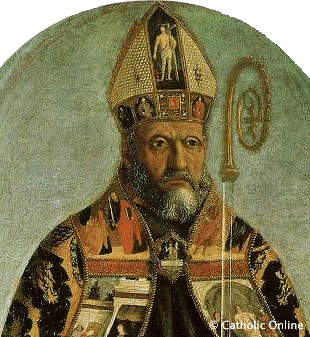1. Attempt to meet all of the main candidates. There are six standing where I live. There is an independent but I have failed to find any of his details, not even an email address. And I can't really take the Greens seriously, with copious apologies and all due respect, I couldn't vote for anyone who will legalise hard drugs, membership of terrorist groups, abortion, brothels and all forms of pornography. So I emailed the other four as soon as I could, asking to meet each of them personally and ask them a few questions.
2. Work out beforehand what are the 'red lines'. For me, the biggest issue is abortion. Personally, I believe it is just about the most grave, serious wrong we do as a society. So if any of the candidates are prepared to say they oppose abortion, I will probably vote for them, regardless of their party allegiance. Freedom of speech is another 'biggy' for me. Even though some people can be very annoying (yes, even some street preachers!), any outlawing of public discourse short of incitement to violence is a serious problem for me.
3. Draw up a list of questions to ask each candidate. Each candidate should be asked the same questions in a neutral way without, if possible, giving away my views. I had six questions including the two issues mentioned above.
4. Look them in the eye and ask them the questions. I received two replies to my emails. The incumbent MP did not reply, but I have her voting record in the House of Commons to guide me in what her answers would be. Another candidate I wrote to twice but never received any response. So I was at least able to interview two of them. Better than nothing! And it was helpful to meet them personally, too. The one I agreed with the most admitted to being an atheist. The other has something of a Christian background even though I was less happy with some of their answers. Meeting them personally was helpful, though.
5. Be prepared for the next five years. I am neither a betting man nor a prophet. But I suspect we are in for a rough ride over the next five years, both the UK as a whole and the Christian church in particular. I think it will be some kind of alliance, formal or informal, between Labour and the SNP. And I think some sincere Christians will end up in prison for their faith. In a way, that doesn't worry me. Brave Christians who are prepared to suffer for the Gospel will be instrumental in turning people to Christ. People are only going to get more disillusioned with politics and more open to the Gospel, so lets pray for boldness and seek a harvest, greater than we have seen for some time.
6. Remember that politics is not the answer. The Gospel of the Kingdom of God is! Nobody is going to legislate for revival. And Christianity is designed to thrive in hostile environments. Christ's rule is for the future, not now. Politics is about what other people should do, mostly. We should be seeking God for what we should do.
Two scriptures to finish:
If my people who are called by my name humble themselves, and pray and seek my face and turn from their wicked ways, then I will hear from heaven and will forgive their sin and heal their land.
2Chronicles 7:14
The Lord brings the counsel of the nations to nothing;
Psalm 33:10-12
